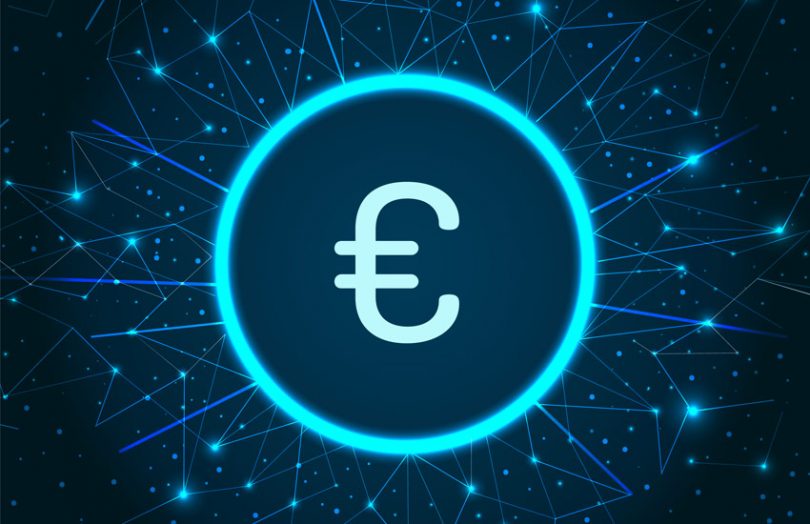Spain’s national payments operator Iberpay has announced the next stage of its Smart Money initiative. It plans to test the issuance, distribution and redemption of tokenized digital money with five banks. This isn’t a purely wholesale banking trial. End-customers and corporates will also be involved, so the scope is extensive. Banco Sabadell, Banco Santander, Bankia, BBVA and CaixaBank also participated in tests earlier this year for automated payments using smart contracts.
The proof of concept (PoC) is being run on Red-i, the test environment for Iberpay’s interbank blockchain network which connects to the Spanish Retail Payments System (SNCE).
The trial envisions a future where there will be digital money solutions “backed by funds in central bank accounts.” While Iberpay did not use the term, that’s otherwise known as a synthetic CBDC or central bank digital currency.
Article continues …

Want the full story? Pro subscribers get complete articles, exclusive industry analysis, and early access to legislative updates that keep you ahead of the competition. Join the professionals who are choosing deeper insights over surface level news.






